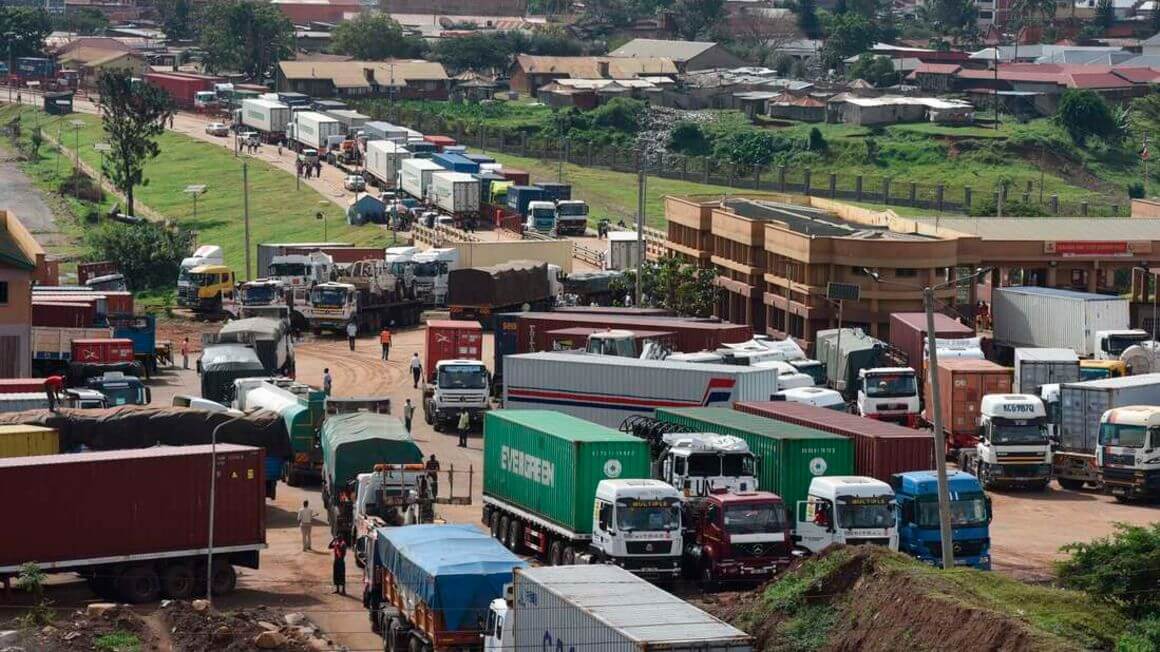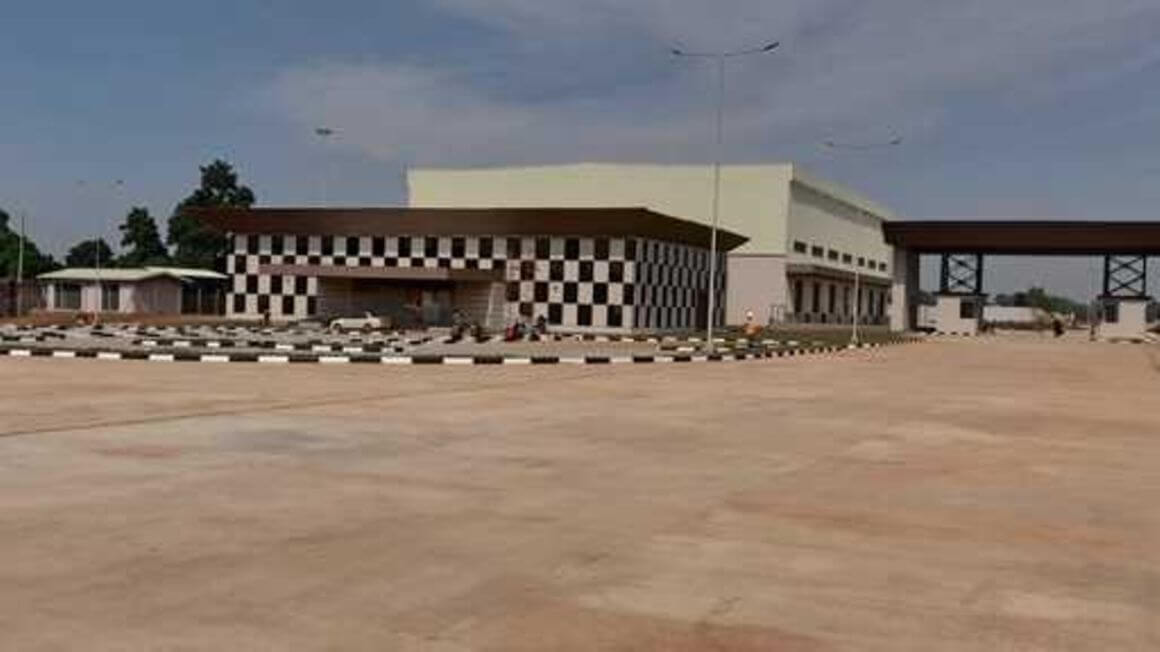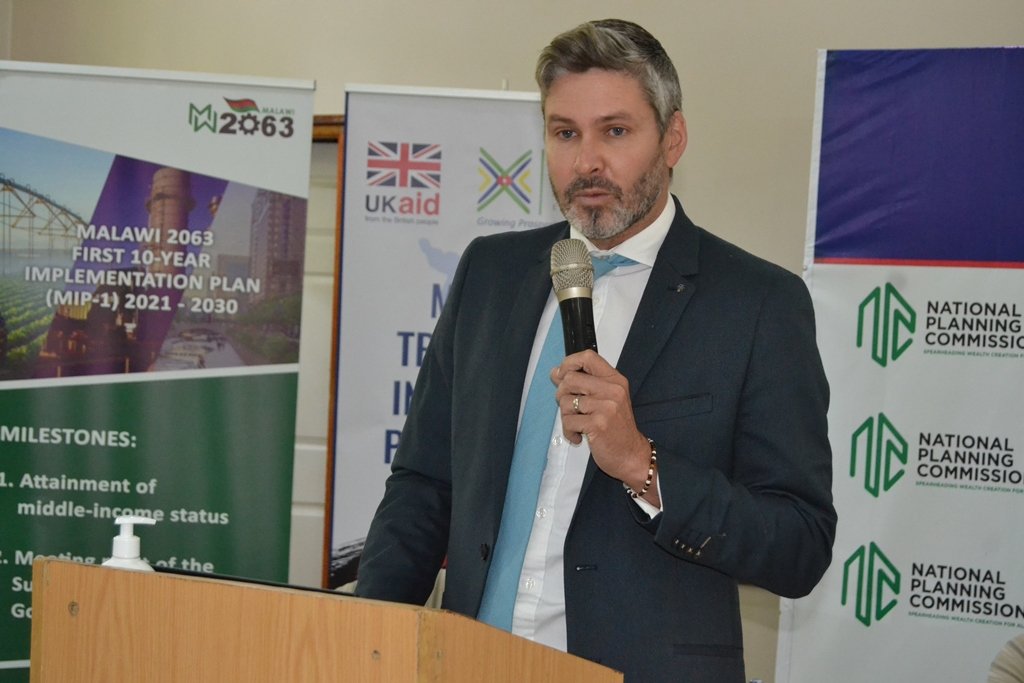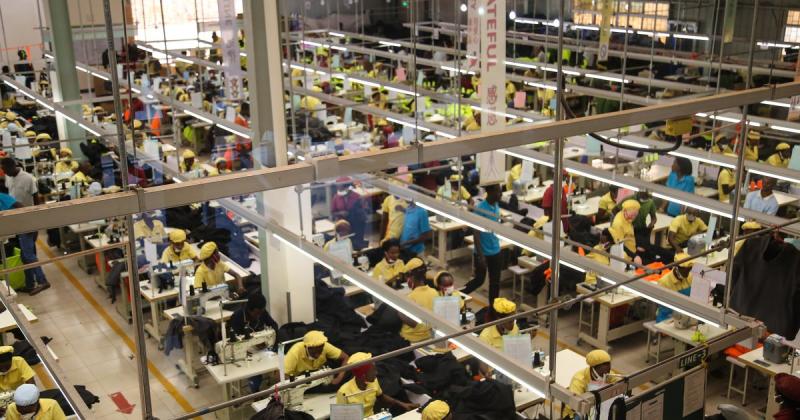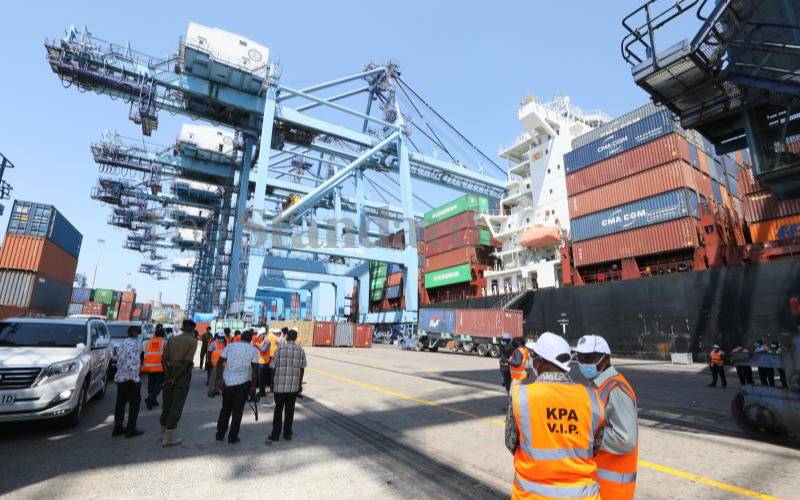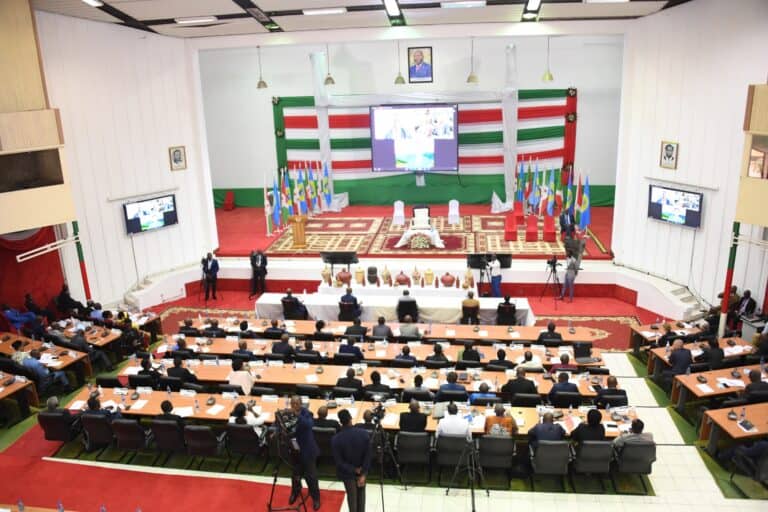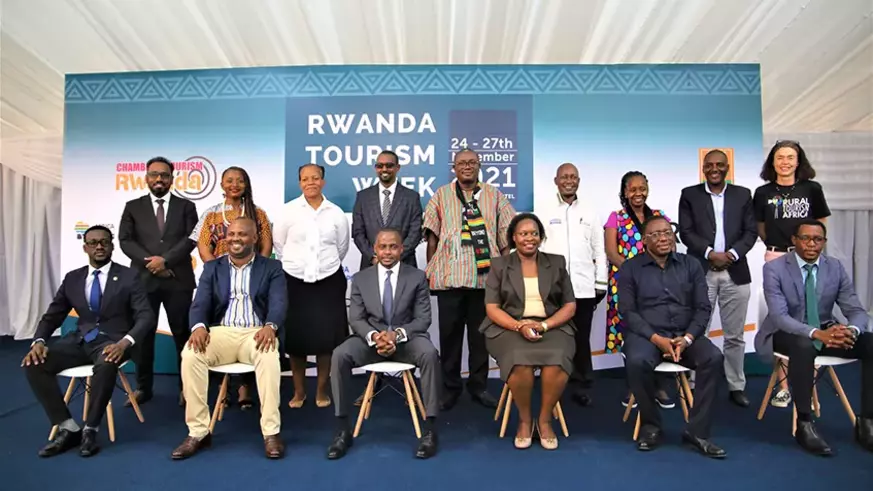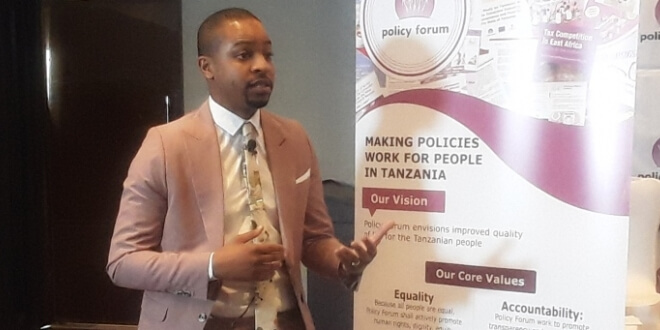A truck pile-up has started to build along the Kenyan borders with Uganda following Kampala’s call for mandatory testing of all drivers at border crossing points, even as transporters threatened to suspend haulage of cargo through the Northern Corridor if the issues is not addressed. Uganda directed mandatory Covid-19 testing of all incoming travellers, including truck drivers, on December 20 last year. As a result, long queues have been reported all the way from Amagoro in Kenya, a few kilometres from the Malaba border post, since January 1. “I did Covid-19 test at Inland Container Depot in Nairobi and I have a valid certificate which is still valid for seven days. Why am I forced to get tested again?” asked Mohammed Mahmud, a truck driver. The new directive by Uganda authorities proposed the review of the Regional Electronic Cargo and Drivers Tracking System (RECDTS), which allows Covid-19 testing after 14 days, to a shorter duration of 7 days, due to the high transmissibility of the Omicron variant, which has a shorter incubation period. Due to ongoing trade barriers, Kenya Transporters Association (KTA) has threatened to suspend hauling of cargo until the Ugandan government reconsiders its new directive. “We are urging Ugandan authorities to consider the new directive and drop the $30 charge per test, which is an additional cost since in the other East African Community (EAC) states, Covid-19 tests are carried out free of charge. We also want clarification of how frequently the test will be carried out and their duration,”...
Truck pile-up at Malaba border as Uganda seeks mandatory Covid-19 testing
Posted on: January 20, 2022
Posted on: January 20, 2022

